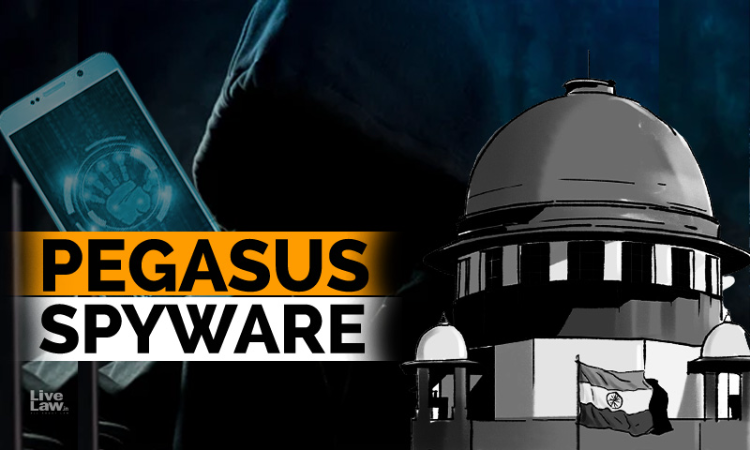Pegasus- "We Don't Want A Single Word Relating To National Security, But There Are Civilians, Person Of Eminence Complaining Of Hacking": Supreme Court To SG
Mehal Jain
17 Aug 2021 2:10 PM IST

"Here, the issue is very different. There are citizens, who are civilians, some of them are persons of eminence, who are complaining of hacking or interception of their phones. Even though the Rules permit an interception even for civilians, that can be done only by the permission of the competent authority. There is nothing wrong with that. What is the problem if that competent authority filed an affidavit before us? "
Next Story


